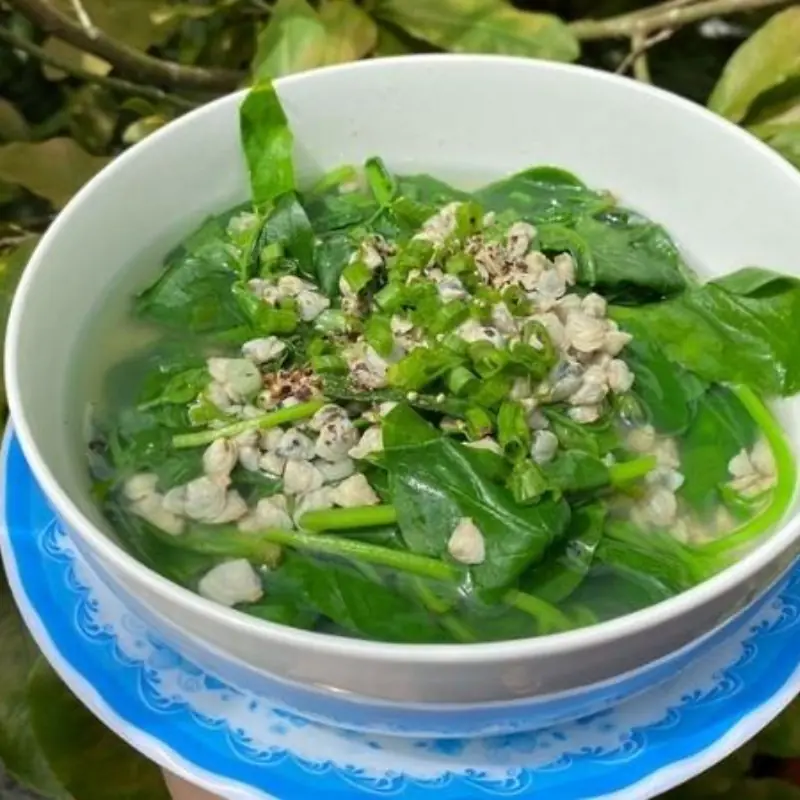
The Surprising Benefits of Ginger Peel
The Surprising Benefits of Ginger Peel – Don’t Throw It Away Until You Know This
Many people are used to peeling ginger before use, but the part that often gets discarded actually holds surprising health benefits — if used correctly and at the right time.
Ginger is a familiar spice in every household kitchen. It not only enhances the flavor of dishes but is also considered a valuable medicinal herb in traditional Eastern medicine. However, whether to keep or peel ginger skin remains a topic of debate.
According to Traditional Medicine Practitioner Bui Dac Sang from the Hanoi Oriental Medicine Association, ginger contains health-promoting compounds such as essential oils (2–3%), pungent substances like zingerone and gingerol, starch, and resin. Fresh ginger is spicy and warm in nature, which helps warm the body, relieve colds, coughs, bloating, nausea, and various digestive issues.
The ginger peel (known as khương bì) is often removed due to its slightly bitter taste and the presence of dirt. However, in traditional medicine, ginger peel is believed to have diuretic, anti-swelling, anti-edema, and breath-freshening properties.
Practitioner Sang recommends that when using ginger for herbal decoctions, foot soaking, or warm compresses, the peel can be left on, as long as the ginger is thoroughly cleaned.
For conditions like joint pain caused by cold, you can roast whole ginger (with peel) with coarse salt and apply it as a warm compress on the painful area. Soaking hands or feet in fresh ginger water is also an effective way to boost circulation and relieve pain.
Some Traditional Remedies Using Ginger:
-
For colds and chills: Boil 7 slices of fresh ginger and 7 stalks of green onion in one bowl of water. Drink it hot, then cover yourself with a blanket to sweat it out.
-
For cough and shortness of breath: Simmer fresh ginger with black tea, lemon, strong alcohol, and honey.
-
For abdominal pain and bloating: Roast ginger thoroughly, peel it, and then chew or boil it into tea.
-
To prevent exposure to “evil wind” (traditional belief): Chew a slice of ginger before going out early in the morning.
Who Should Avoid Ginger?
Despite its many benefits, ginger is not suitable for everyone:
-
Those who are about to undergo or have just had surgery
-
People experiencing nosebleeds, hemorrhages, or coughing up blood
-
Those with heatstroke or excessive sweating
-
Pregnant women, especially in the first trimester, due to the risk of uterine contractions
-
Individuals with hot body types, frequent constipation, or mouth ulcers
Ginger is a valuable folk remedy, but whether or not to peel it depends on its intended use. Keeping the peel after thorough cleaning not only preserves its medicinal properties but also enhances the effectiveness of several traditional treatments.
News in the same category


Leftover watermelon in the fridge is not necessarily safe – if not done properly, the risk of bacterial contamination is very high!

Common Fridge Mistakes That Secretly Create Toxins — And Put Your Health at Risk

Don't be foolish to buy 6 items that easily contain Formaldehyde, causing can.cer and shortening life.

Read The Clouds: 5 Signs A Storm Is Brewing

Want beautiful, smooth, and bright skin in the summer? Eat these 5 "miraculous" fruits right away!

4 Expert Tips to Choose Meaty, Flavorful Crabs and Avoid Getting Ripped Off
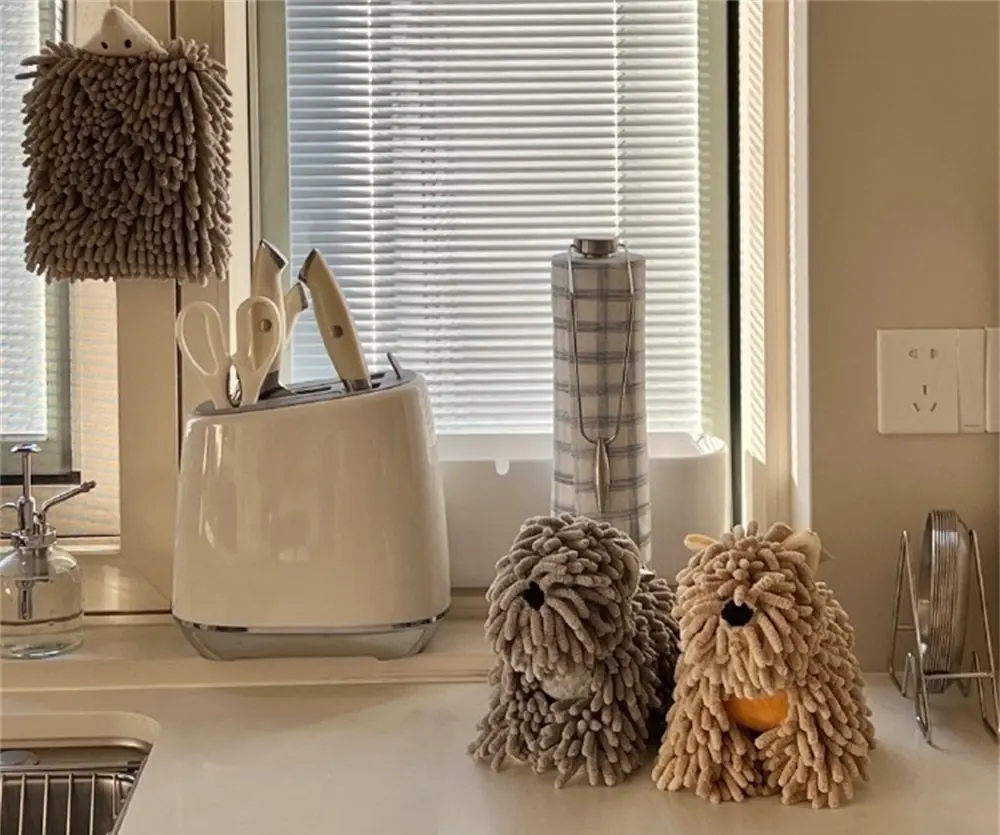
5 kitchen appliances you will regret if you don't buy soon

Hormone-injected shrimp has 4 obvious signs, no matter how cheap it is, definitely DO NOT BUY
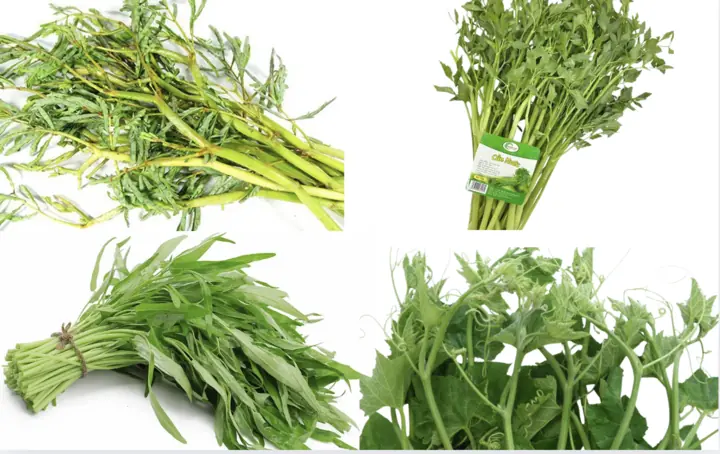
Experts point out vegetables that are easily contaminated with heavy metals

First Aid for Jellyfish Stings: What Science Says You Should (and Shouldn’t) Do

Pouring Hot Vinegar Into the Toilet May Seem Wasteful

No Fridge? No Problem! 14 Foods That Stay Fresh Without It
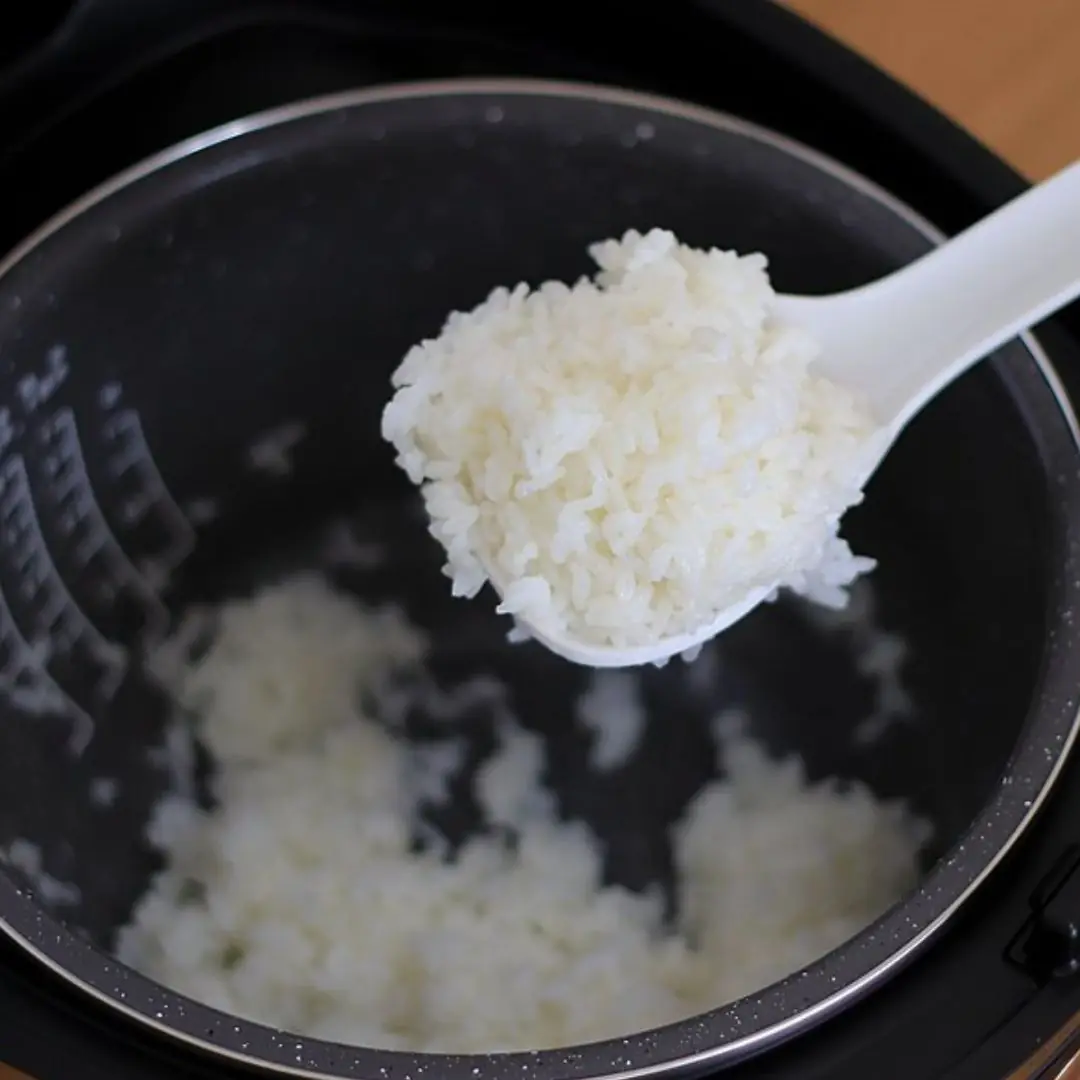
O arroz deixado na panela elétrica durante a noite ainda pode ser consumido

Don’t Eat These 3 Parts of a Crab — Experts Say They Could Harm Your Health

Bury these two "trash" in a flower pot: Flowers bloom like a stream, and the fruit is sweet and plentiful.
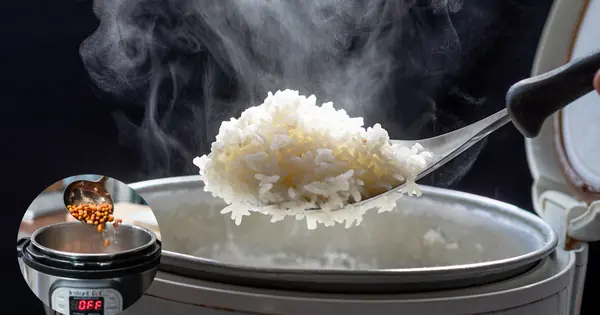
Cooking Rice This Way Packs as Much Protein as 100g of Beef

Put a Handful of Salt in the Fridge: The “Golden” Trick Every Household Needs

Grandparents taught us NOT to wash clothes at night, NOT to hang clothes overnight - We must obey!
News Post

6 Bodily Changes That Are “SOS Signals” From Your Kid.neys Before Can.cer

Does Using Strong Fan Mode on the Air Conditioner Consume More Electricity?
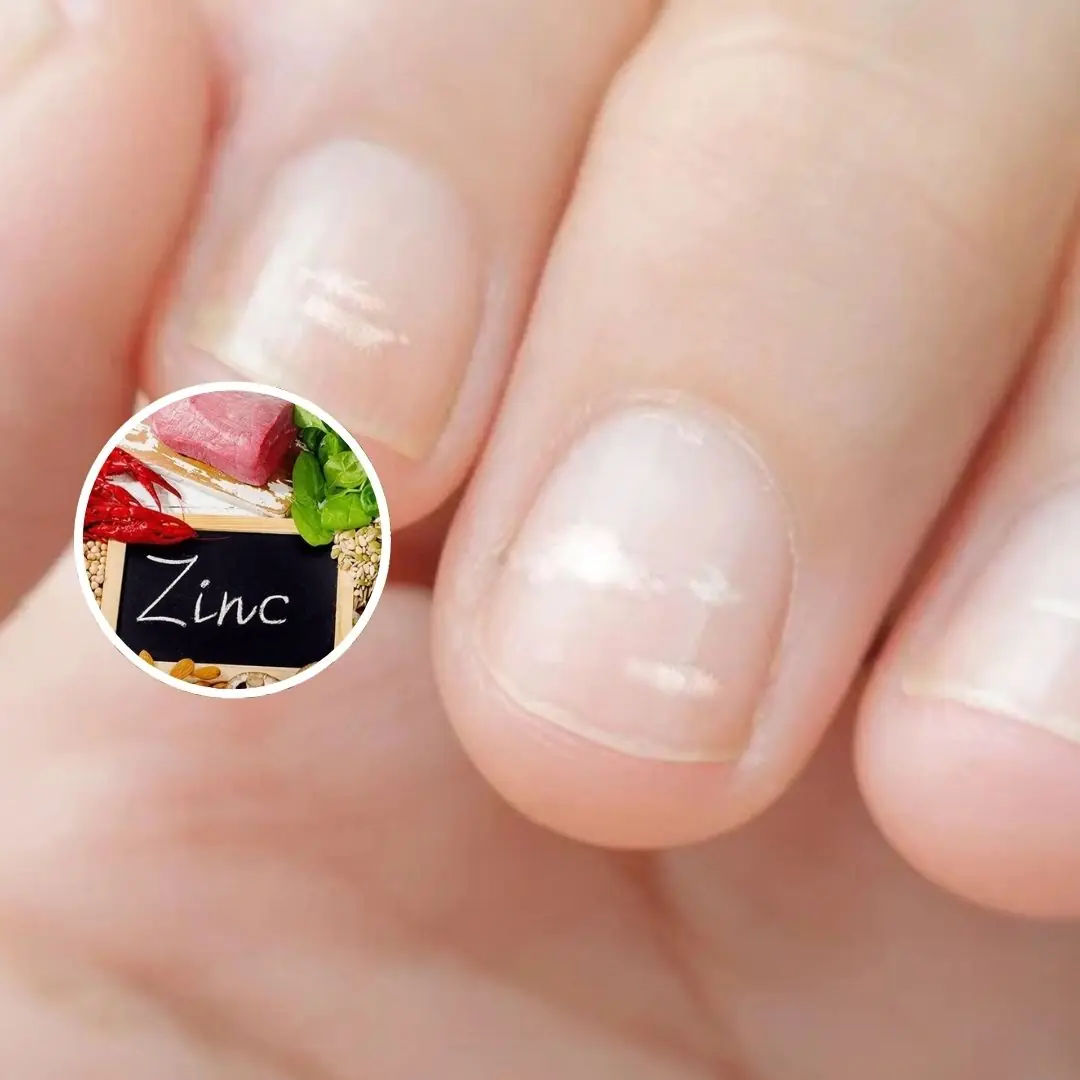
Your Body Might Be Low on Zinc — Here Are 6 Signs to Watch For

Leftover watermelon in the fridge is not necessarily safe – if not done properly, the risk of bacterial contamination is very high!

Woman gets brain infection after eating refrigerated watermelon

The Unpleasant Truth: 5 Familiar Items That You Think Are Clean But Are NOT, The Dirtiest Is Number 4 That Everyone Uses
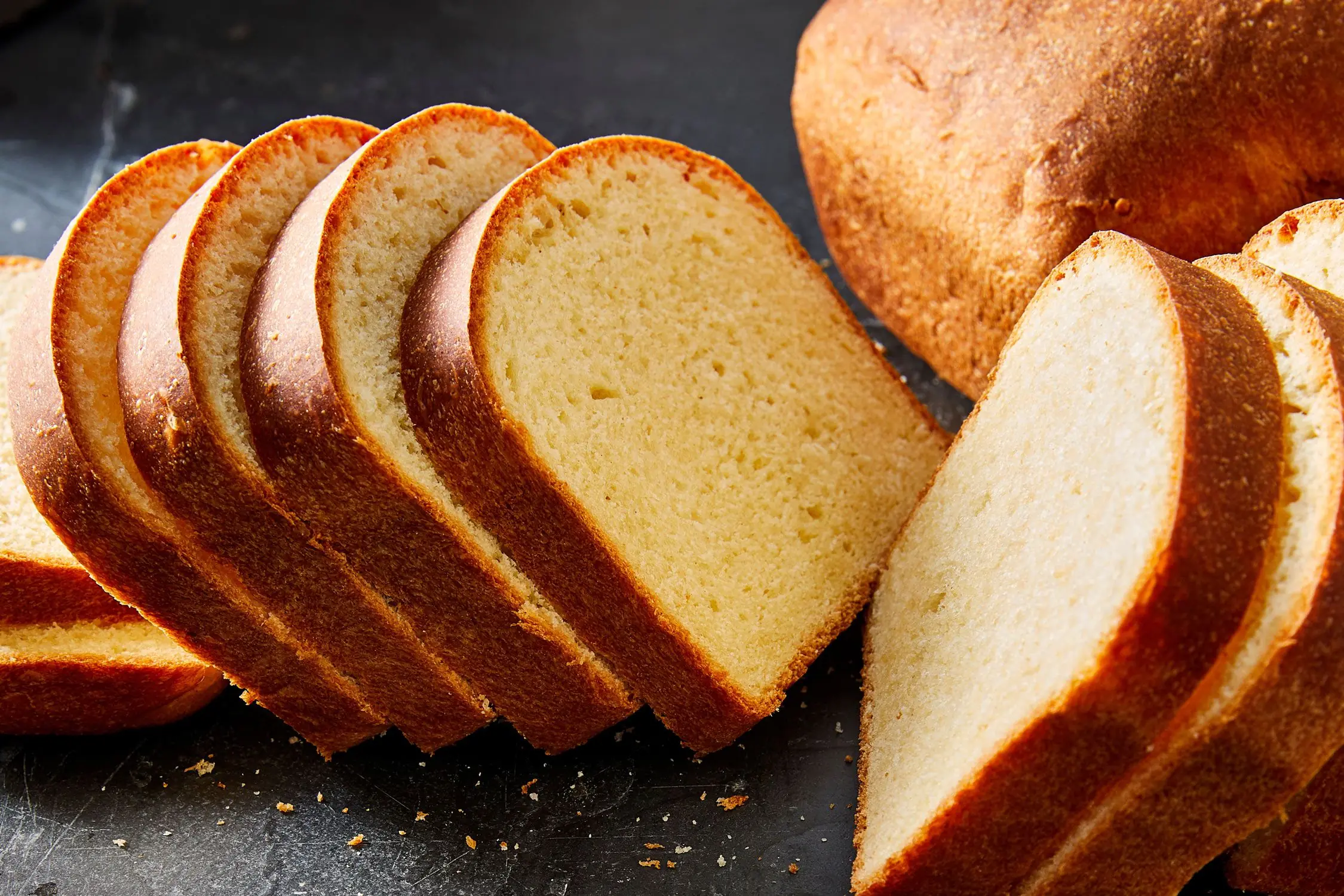
Bread May Be Delicious, But These 5 Groups Should Limit It

Identifying the “Switch” That Reduces Can.cer Cell Survival by 53%

Just 3 Minutes in the Morning: This Simple Test Can Reveal Hidden He.art Disease

Does mumps in men affect reproductive health?

3 Types of Fruit Can.cer Cells “Love”

How to remove phlegm and mucus from chest and throat

Thy.roid Can.cer Is a Silent Threat: 6 Groups of People Are at Higher Risk and Must Be Cautious

Simple signs to immediately recognize leukemia that you may never notice

Warning: The Cup Many People Use to Drink Water Every Day Is No Different from “Drinking Poison”

Eat These 5 Foods to Cleanse and Detox Effectively Every Day

5 earliest signs of cer.vical can.cer: 90% of women tend to ignore them
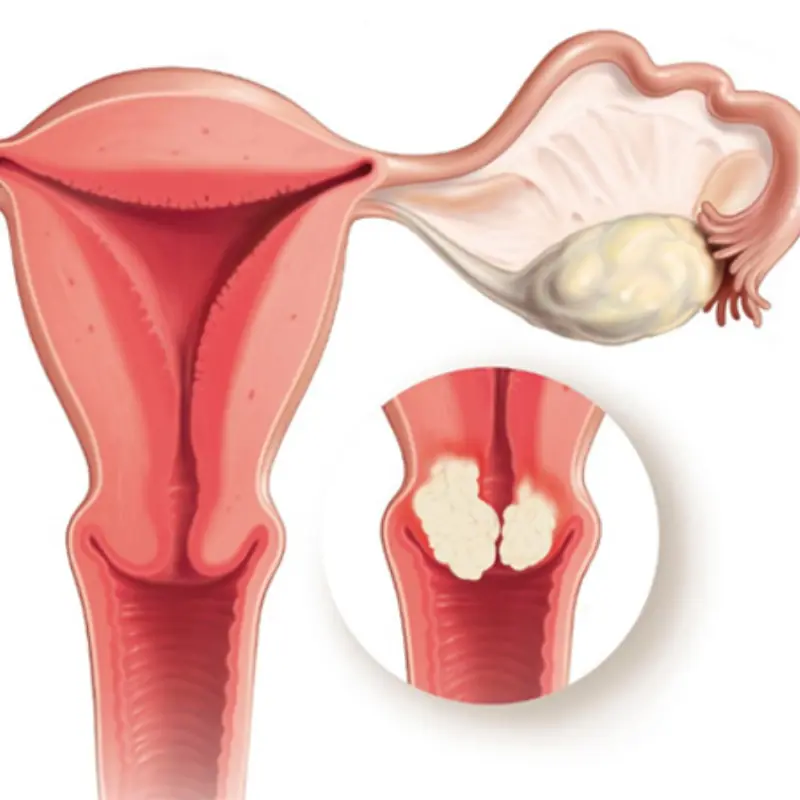
Women Who Frequently Eat These 5 Foods May Be Harming Their Uterus and Feeding Cancer Cells Without Knowing It
